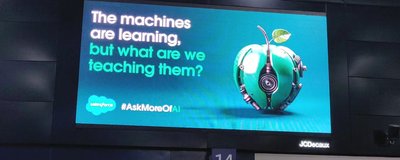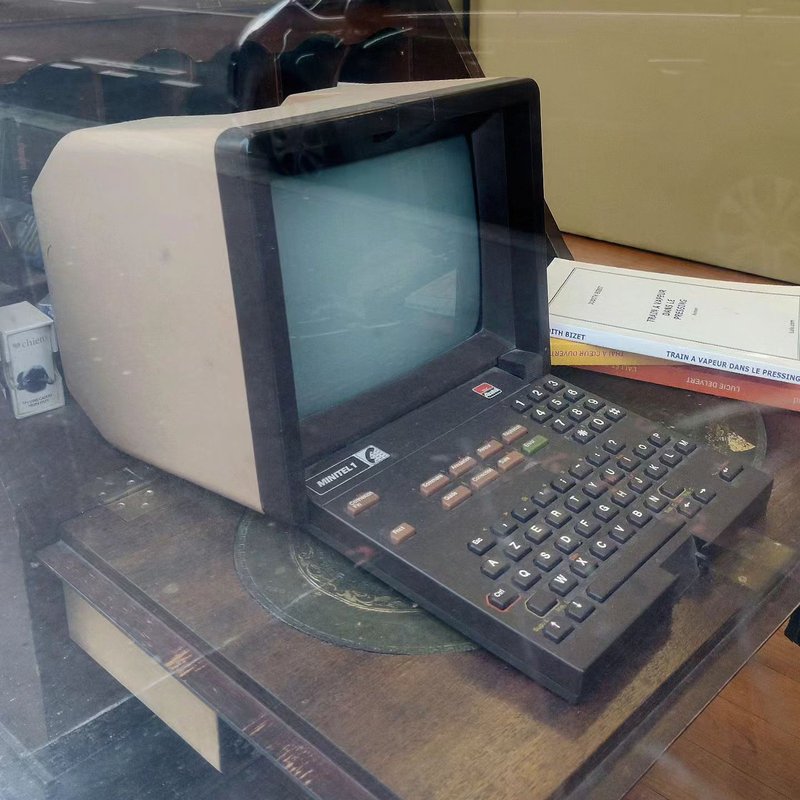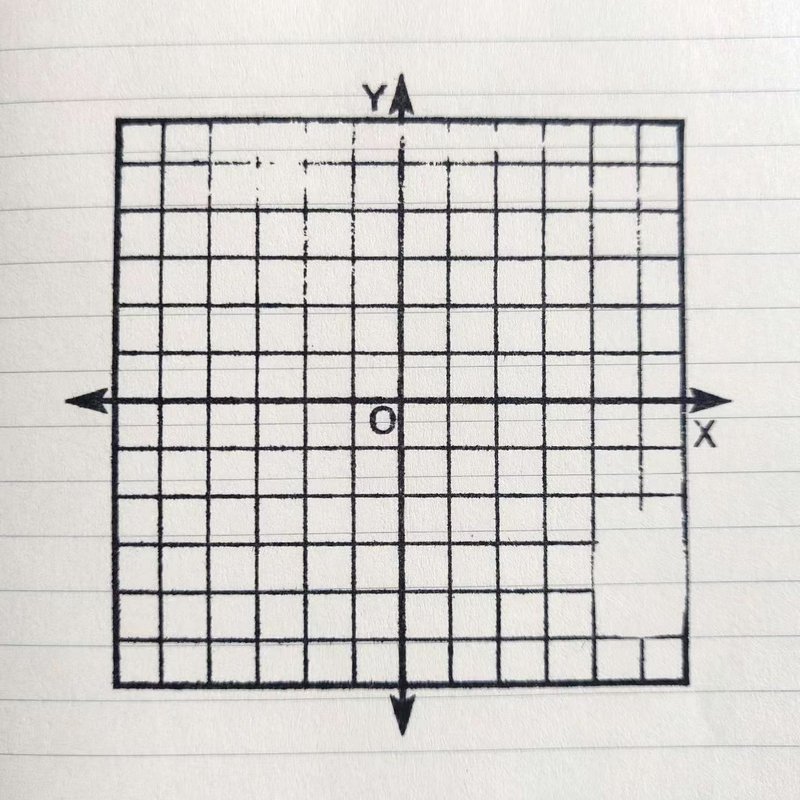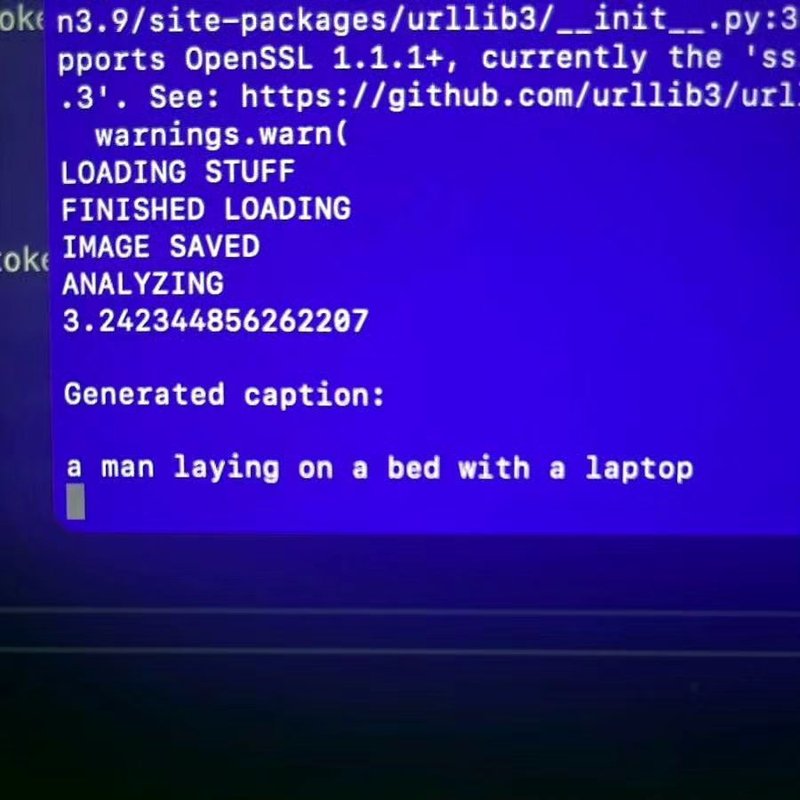TEDA 2024

The Magic Machine: through the prism of art and science.
At a crossroads in our relations and conceptions of machines and the impacts this is having on us as social and creative beings and on our environment, we gather in Cambridge for the Tacit Engagement in the Digital Age (TEDA) conference.
On the first day of the conference, the 19th of September 2024, FoAM's collaborator Dr. Justin Pickard presents Latent Futures: Anarchival Practices and Intimate Prototypes in Human-AI Interactions.

This presentation explores alternative frameworks for human-AI interactions through two projects: FoAM's "Anarchive" (2020–), FoAM's experimental publishing initiative, and "Latent Intimacies" (2024), a set of prototypes using locally-hosted, open source speech synthesis and generative language models. Deploying ethnographic methods in service of collaborative artistic practice, these projects offer a unique lens on AI systems as "minor technologies", detached from scalar norms of efficiency and optimisation. By grounding speculative explorations in specific contexts and tangible outcomes, they track unexpected parallels between generative language models, experimental publishing, retrieval-augmented generation (RAG) systems, and archival practice.

The Anarchive project reframes archival practices in relation to technology, collective knowledge, and creative practice. By experimenting with memory and speculative futures, the Anarchive's ever-expanding set of "fascicles" promote a critical engagement with current paradigms and their alternatives. One part of this publishing project takes a non-linear, exploratory approach to the theme of "re/imagining technology," providing a rich context for examining how AI interacts with and shapes memory and collective knowledge.
The outcome of a collaborative prototyping residency at Medialab Matadero in Madrid, "Latent Intimacies" comprises three technological prototypes, investigating human-machine intimacy through vulnerability, protocol, and latency. These prototypes – exploring concrete-encased tiny datasets, curated language models, and wearable AI for multispecies interactions – leveraged a range of hardware and open-source software configurations to ground our conceptual explorations in tangible experiences. These prototypes challenge our assumptions about the nature of technology, highlighting the potential for meaningful interaction beyond conventional user interfaces and anthropomorphic conceptions of AI.

Embracing speculative, arts-based approaches and ethnographic methods can unsettle dominant AI narratives, suggesting alternative trajectories that prioritise collective knowledge, speculative thinking, and intimate, contextual interactions. By exploring these "latent futures" through anarchival practices and intimate prototypes, we can open new possibilities for understanding, engaging with, and shaping our technologies.








